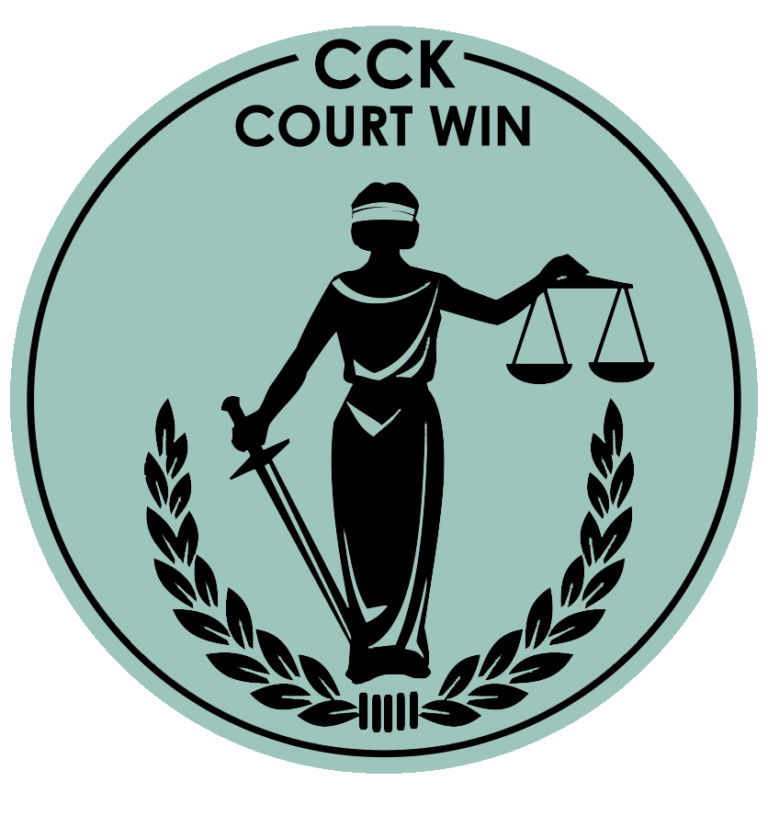Board Erred When It Denied a Higher Rating for Depression

CCK Law: Our Vital Role in Veterans Law
Summary
The Veteran served honorably on active duty in the United States Air Force from 1979 to 1985. She earned the Air Force Good Conduct Medal. While in service, she reported depression, difficulty concentrating, and memory impairment. Her separation examination noted a history of adjustment disorder. After service, she continued to experience similar mood symptoms that affected her social and occupational relationships. Her depression was so severe at times that she was unable to leave her home or perform personal hygiene. In 2011, VA awarded service connection for depression and assigned a 30% rating.
Board denies a rating higher than 70% for depression
The Veteran appealed her 30% disability rating to the Board, asserting her depression was more severely disabling. In 2016, the Board awarded a 70% rating based on deficiencies in mood and motivation, suicidal ideation, and social and occupational impairment. It denied a 100% rating and denied extraschedular referral. The Board also remanded the issue of entitlement to a total rating based on individual unemployability for further development. It ordered VA to obtain an examination to determine if the Veteran’s depression precluded her from obtaining and maintaining a substantially gainful occupation.
Appeal to the CAVC
CCK successfully appealed to the Court the denial of a higher rating for the Veteran’s service-connected depression. CCK argued, and the Court agreed, that the Board erred when it took divergent positions on the completeness of the record. Specifically, the Board denied a higher schedular rating and an extraschedular rating because it found the Veteran’s symptoms were adequately contemplated by the assigned schedular 70% rating. But it then admitted that further evidence was needed to evaluate the effect of the Veteran’s symptoms on her employability.
CAVC agrees with CCK’s arguments
The Court agreed with CCK that this case was similar to the issue in Brambley v. Principi. It found that the effects of the Veteran’s depression symptoms on her ability to work is vital to whether the schedular rating criteria was adequate. Additionally, the Court agreed that the further development may inform the Board’s decision regarding whether the Veteran was entitled to a 100% schedular rating. The Court vacated the Board’s decision and remanded the Veteran’s claim for further adjudication.
About the Author
Share this Post
